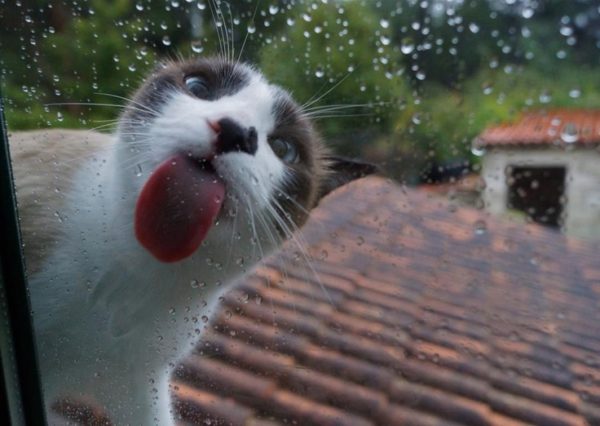I’m Only Going To Say This Once
“Keep your eye on the wolf my boy, forget about the sheep. Now aim behind the knee, breathe slowly out while squeezing the trigger.â€
“Honey, remember those microphones and audio recorders I installed all over the house? Yes dear? The data shows that little Darren only calls for his Papa when he is on the toilet! But that is what you told him to do my dear!â€
The above examples of what kids do and how they learn demonstrate their ability to accept and copy what a trusted person communicates to them. Educationalists know that teaching involves breaking things down and building it up again over time (as an example) to allow the student to get that a-ha feeling (by himself).
The entire raising of children and educational process is strung out over time to accommodate all the steps required to achieve the highest possible knowledge transfer rate. But essentially each person gets only one chance.
We seem to have forgotten that. The chance provided is however, unique to each person. Imagine someone wants to adopt your child – what would your criteria be to maximize his chances? The following examples affect your chances:
- Having a stable communal environment (crèche, hospital, transport, work, police, leadership)
- Having two parents (home environment)
- It is apparently common knowledge that children should be raised and taught (at least to primary school) in their mother language.
A lot of things are missing from this list. The most important one is that the child and parent must understand each other, because if they do, they will eventually get to a point of trust confirmation, which may take months (at least). For example, if the parent lied to the child, just once, that child will not trust him – overall. The same happens in reverse too but takes longer, for example a delinquent child manipulating his father, will estrange his father.
Clearly getting the message the first time is important, because the more it gets repeated, the more the child falls behind in his curriculum. The importance of the child’s ability to listen and interpret cannot be overstated with regard to safety and security. However, little children will watch their parents every single day, identifying signals and clues that will affect their own actions – even unknowingly. For example @stefanmolyneux pointed out that even just not having a father around affects the menstrual onset of young girls. If a family would regularly participate in sports, the children will find that natural and they will be careful, knowing what to look for. The same with parents engaging in wildlife or nature and specifically farming, will have children that “gets†their environment better that city-folk, hence safer and more careful.
A child’s physical and psychological development is entirely dependent on what parents, teachers and friends/family do with him/her early on in life (Not ignoring genetics of course). In a sense one would “always†go out on a Sunday drive, or “always†milk the cows at 5 o’clock in the morning. But the child is only young once. The parent has only one chance. The question begging here is – what risks affect this chance?
The highest priority risk is language, because it leads to trust, which leads to safety. Trust leads to productivity, culture, civilization. If trust has broken down (for any reason) then reviving civilization will require a new language. This does not mean we should all speak Esperanto, it simply means that we have to coordinate the meaning of concepts and terminology associated with things that affect our survival, and not in a politically correct way.
There are stories of German children that were parentless after WW2. Many of them were simply sent to Allied countries to be adopted, but many were taken in as “slave†labor. Some of their stories came out decades later where despite bad treatment, their genes pushed them to just work hard and become successful. However, they still had the Heimat to strive for; what would they have done if there was simply nothing? After all, Italians today do not resemble Romans and they do not even speak Latin anymore.










